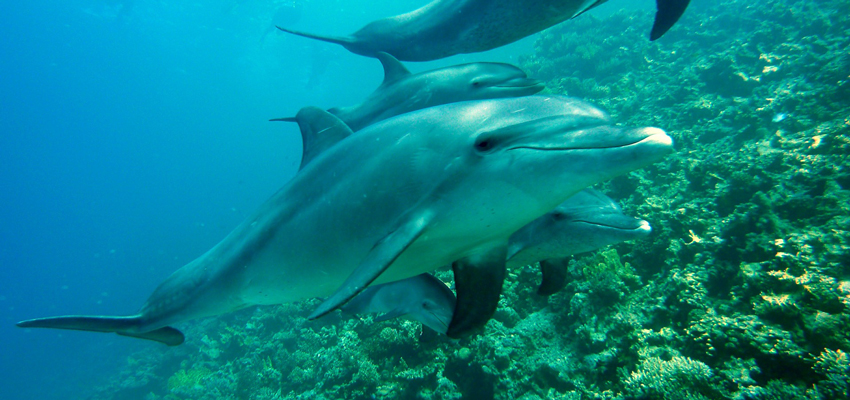The Instagram- and YouTube-Influencer @inscopenico has together with the food manufacturer Followfood, which distributes sustainable caught fish under the brand "Followfish", triggered a social media shitstorm.
In the video a baby dolphin should be prepared and eaten by the influencer. It was of course a dummy, made of plastic in a 3D printer and consumed tuna from a sustainable catch. But many people have fallen for the trick and have been outraged a thousand times (rightly) and accompanied the action with hate comments and threats. However, this was also intended, because this spectacular campaign was intended to point out how little we ask of fish and marine animals on the plate, how and under what conditions the animal was caught and processed. Recently, a report (no fake news) was distributed on how much "by-catch" is illegally processed into fish feed for aquaculture. Here, too, there is a massive threat that unsustainable fishing methods will pose a serious threat to global fish stocks.
The demand from the Followfood campaign is: Fish must be caught 100% sustainable worldwide, otherwise the extinction of species in the oceans can no longer be stopped with unimaginable consequences for the entire food chain, at the end of which man stands.
This is one of the reasons why fish is now one of the top foods on the list of global food fraud. Gourmets pay a lot of money for popular food fish such as sole. However, they are often not served any sole at all at the end of the meal in the restaurant, but a pressed pangasius filet from an Asian fish farm, in which the fish have grown up in narrow cages and with lots of antibiotics in non-sustainably produced fish feed.
As part of the BLE Foodprofiling project, AGROLAB Labor GmbH is developing alternative routine methods for the reliable determination of fish species based on its typical protein composition. Compared to current DNA-based species determinations, this method has the advantage of being able to make even faster and cheaper statements about the authenticity of fish in the future, even and especially if they have already been processed.
In parallel, we at AGROLAB LUFA GmbH are developing new specific PCR methods for the determination of fish species. This will provide us with two independent analytical methods and our own database for the detection of mis-declared fish products, which can be used individually or together to determine species safely.
Author: Dr. Frank Mörsberger

 Contact
Contact

 Contact
Contact Career
Career